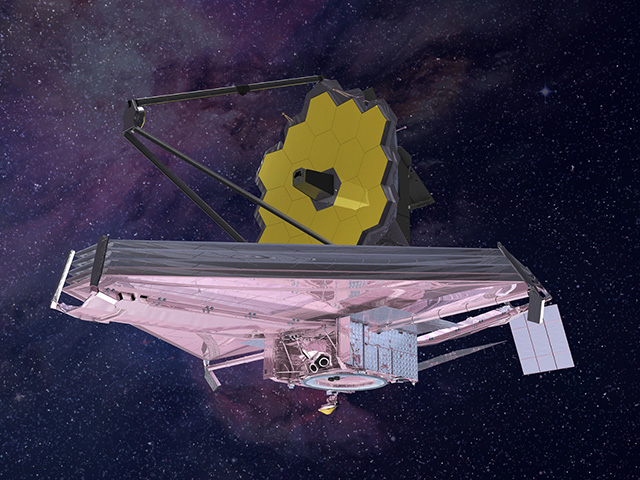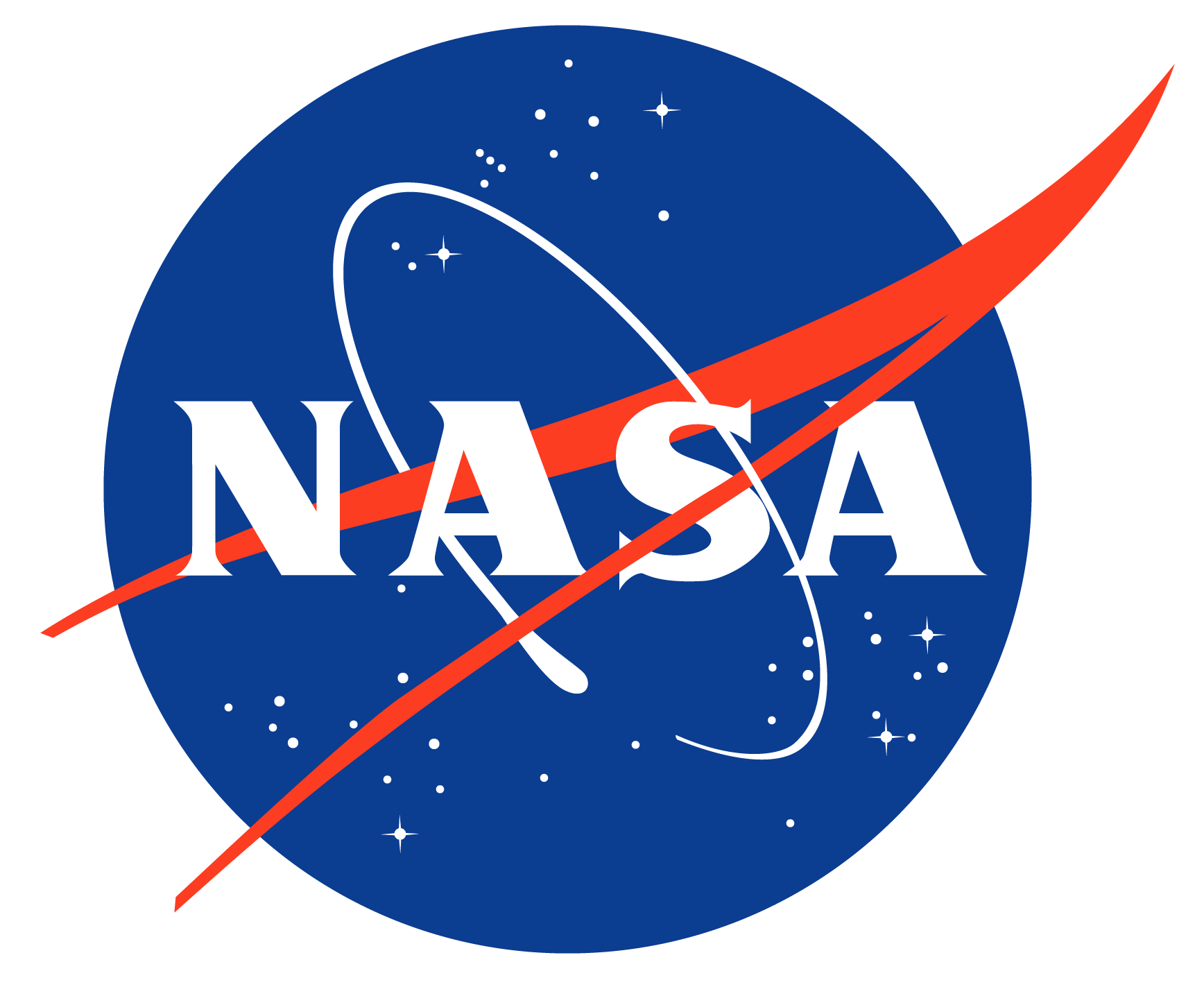NASA Extends Some Proposal Deadlines

Richard Fienberg Running Hare Observatory
This post is adapted from several NASA emails and web pages:
The COVID-19 pandemic has changed almost every aspect of our lives. Significant uncertainties persist with regard to how the situation will evolve over the summer and fall of 2020. Under these circumstances, NASA and its partners have extended some upcoming deadlines, as summarized below.
James Webb Space Telescope (JWST) Cycle 1
 After consulting with the JWST Users Committee, the Space Telescope Science Institute (STScI), NASA, the European Space Agency, and the Canadian Space Agency have decided to delay announcing a formal schedule for JWST Cycle 1 General Observer /Archival Research proposals. A further update on the schedule is anticipated in mid- to late July. For planning purposes, STScI is exploring options for a proposal deadline in the fall with the Telescope Allocation Committee meeting in early 2021. The JWST launch schedule is evaluated independently by NASA; as recently reported, it's already clear that the current target of March 2021 will not be met.
After consulting with the JWST Users Committee, the Space Telescope Science Institute (STScI), NASA, the European Space Agency, and the Canadian Space Agency have decided to delay announcing a formal schedule for JWST Cycle 1 General Observer /Archival Research proposals. A further update on the schedule is anticipated in mid- to late July. For planning purposes, STScI is exploring options for a proposal deadline in the fall with the Telescope Allocation Committee meeting in early 2021. The JWST launch schedule is evaluated independently by NASA; as recently reported, it's already clear that the current target of March 2021 will not be met.
Recognizing the challenges faced by the community, the project will give at least 12 weeks’ notice of the revised Cycle 1 proposal deadline. The JWST call for proposals remains open, and all proposal preparation tools and documentation continue to be available.
Please contact the JWST Help Desk if you have any questions.
Astrophysics Data Analysis Program (ADAP)
 The proposal due date for D.2 Astrophysics Data Analysis Program has been delayed. The new deadline is 16 July 2020. In addition, the summary table of the key requirements for anonymized proposals, reproduced from the "Guidelines for Anonymous Proposals" in Section 2, has been slightly modified to indicate that not just the budget justification but also the (redacted) budget numbers should be included in the anonymized proposal.
The proposal due date for D.2 Astrophysics Data Analysis Program has been delayed. The new deadline is 16 July 2020. In addition, the summary table of the key requirements for anonymized proposals, reproduced from the "Guidelines for Anonymous Proposals" in Section 2, has been slightly modified to indicate that not just the budget justification but also the (redacted) budget numbers should be included in the anonymized proposal.
This amendment to the NASA Research Announcement "Research Opportunities in Space and Earth Sciences (ROSES) 2020" (NNH20ZDA001N) is (or soon will be) posted on the NASA research opportunity homepage and SARA's ROSES blog.
Questions may be emailed to Douglas Hudgins.
New Frontiers Data Analysis
The objective of C.7 The Planetary Science Division's New Frontiers Data Analysis Program (NFDAP) is to enhance the scientific return from New Frontiers missions by broadening scientific participation in the analysis and interpretation of data returned by these missions. Other mission and non-mission data sets may be used to supplement these data in a supporting role, but all proposals must require the use of data from at least one New Frontiers mission: New Horizons, Juno, and OSIRIS-REx.
ROSES-2020 Amendment 35 delays the proposal due date for C.7 New Frontiers Data Analysis: Step-1 proposals are now due on 3 September 2020, and Step-2 proposals are now due on 5 November 2020.
This amendment to the NASA Research Announcement "Research Opportunities in Space and Earth Sciences (ROSES) 2020" (NNH20ZDA001N) is (or soon will be) posted on the NASA research opportunity homepage and SARA's ROSES blog.
Questions may be emailed to Henry Throop.
Request for Input on COVID Impact on NASA Cosmic Origins Research
The NASA Cosmic Origins Program Analysis Group (COPAG) Executive Committee (EC) is soliciting input on the impacts of COVID-19 on NASA astrophysics research, with special focus on the preparation and submission of proposals for the Astrophysics Data Analysis Program.
In response to community input, the survey has been re-opened until Friday, 19 June 2020.
The goal of this 5-10 minutes community-led survey is to provide analysis useful for informing programmatic strategies by NASA's Astrophysics Division to better support researchers through this time. Results based on analysis of the survey data will only be presented in aggregate, and will preserve anonymity. The COPAG EC thanks the ExoPAG and PhysPAG Executive Committees for feedback on gathering this input from the community.
The plan is to present results from the survey to the Astrophysics Advisory Committee at their meeting scheduled for 23-24 June 2020.

